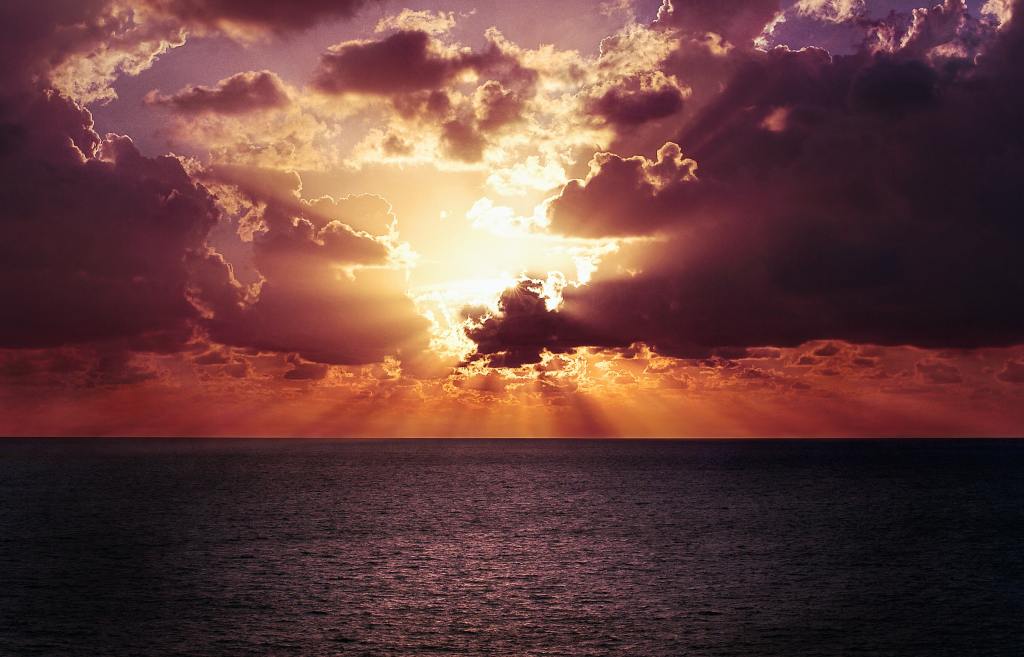
Like dawn glimpsed through a curtained window, normality is returning to the world beyond my walls. Restrictions remain, but I once again live in a country where people take holidays and visit loved ones. Where bars, restaurants and shops are alive, and not just shuttered memories.
For a few months this spring, the rhythm of the wider world matched my life of housebound isolation. Now, with each passing week of summer, we fall further and further out of beat.
I knew that this time would bring mixed emotions, and I’ve cried (and been glad) to see people enjoying freedom once more. But I’ve struggled more than I expected with the increase in responsibility for my own safety. Lockdown presented many challenges, but the strict rules did at least afford some clarity. Until very recently I had no choice over whether to have visitors or an outing in my wheelchair. Now, it is up to me to assess whether or not such activities are safe. Greater freedom has delivered a difficult realisation: just how much I struggle to trust my own judgement.
I know the depths to which my body is capable of taking me. I know that, no matter how bad my ME gets, there is virtually nothing that medicine has to offer me.
In some ways this isn’t a surprise. After all, chronic illness destroys certainty. It shatters faith in the body and its ability to withstand trials; it strains trust in medicine and sometimes even the professionals who deliver it. I know the depths to which my body is capable of taking me. I know that, no matter how bad my ME gets, there is virtually nothing that medicine has to offer me. It is a reality that is terrifying to consider too closely.
And yet this is only the beginning.
Throughout my formative years and well into adulthood, the medical profession believed my illness to be largely in my mind. I faced years of inappropriate psychological therapy, where I was taught to disregard every signal my body gave me. Fear was not an emotion to be respected, but generally one to be forcefully challenged. I was left with the belief that my ability to judge threat and risk was fundamentally flawed. I learnt to listen to my body only so far as to do the opposite of what it asked. I felt compelled to prove, at every opportunity, that I wasn’t giving in to my illness.
The pain of living with chronic illness is not limited to physical suffering, but also encompasses the weight of other people’s reactions and expectations.
Recovery from that dark place has spanned many painful years, and I had believed myself to be on surer ground. But as lockdown is lifted and I have to re-assess the threat that the world poses to me, I am once more the broken young girl who can’t see through the storm of self-doubt. On one shoulder I carry the awareness of my fragile body and the serious consequences that covid could have for me. On the other, the memory of all those who told me I was held back by fear and simply looking for reasons to play the invalid. It is hard to make rational decisions when pulled from side to side by these conflicting forces. My instinct is both to protect myself and to damn well prove that I don’t lack courage.
Official guidance can hardly be said to be coherent. Those of us most vulnerable to coronavirus must try to make sense of the conflicting advice, and attempt to find a path that allows both safety and some semblance of normality. Judging where that balance lies is far from easy. The responsibility can feel overwhelming, even for those starting from a position of self-confidence.

The pain of living with chronic illness is not limited to physical suffering, but also encompasses the weight of other people’s reactions and expectations. I have a family who respect and support my choices, but others are not so fortunate and are now facing pressure from loved ones to embrace opportunities that still feel unsafe. As a society we favour terminology that frames illness in terms of battle. Charging out to meet one’s foe with sword drawn can feel morally superior to a gentler, more considered form of resistance. In truth there are times when each has its place.
At this time of turmoil and uncertainty, I have to remind my adult self of the words I would offer the broken, younger me: strength comes in many forms. Courage is not about abandoning caution, but knowing when to apply it. The ability to respect one’s own limitations is not a sign of weakness, but a manifestation of wisdom and self-awareness.
It is not necessary to prove courage, particularly when emerging from a pandemic that has shaken the entire world. We can only strive to treat ourselves with loving care, to step gently forward, and to respect what, in our hearts, we know to be true.
I previously wrote about lockdown and the coronavirus pandemic in Life In Lockdown: What Matters When All Is Lost
Image: Sunrise by Nick Scheerbart on Unsplash; Road by Jake Blucker on Unsplash.
